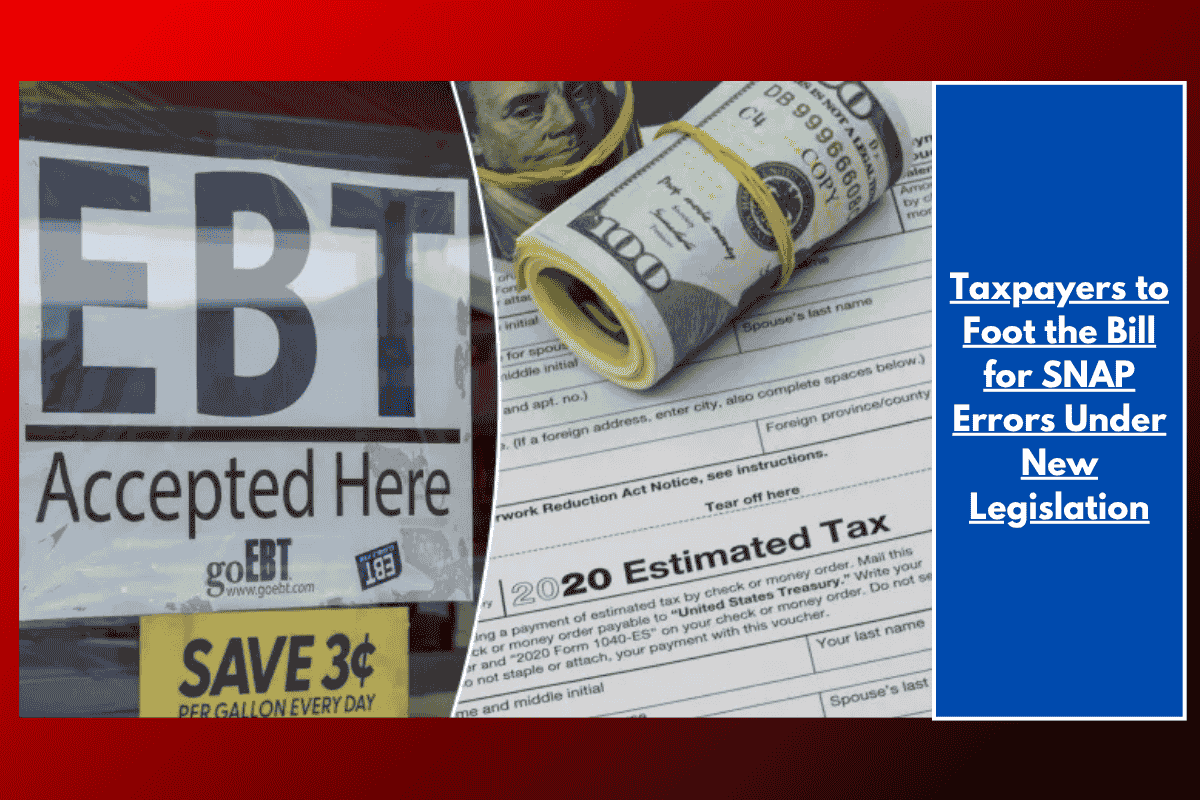A new proposal in the U.S. could offer a temporary tax break to seniors, giving those aged 65 and older the opportunity to claim a bonus deduction of up to $6,000 from their taxes. The deduction is part of a tax bill being pushed through Congress, and if passed, it would apply from 2025 through 2028.
The Senior Bonus Deduction
The proposed “senior bonus” is being offered as an alternative to former President Donald Trump’s campaign promise to cut taxes on Social Security benefits. Since current budget reconciliation rules do not allow direct changes to Social Security, Republicans have opted for this deduction instead, which is expected to provide substantial relief for qualifying seniors.
The deduction would be available to individuals who earn up to $75,000 in modified adjusted gross income (MAGI) or $150,000 for married couples filing jointly. Those who qualify could potentially receive up to $6,000 in tax relief.
Differences Between the House and Senate Proposals
The “One Big Beautiful Bill Act,” which passed in the House of Representatives in May 2025, includes a $4,000 deduction for seniors aged 65 and older. However, the Senate’s version, introduced in June 2025, proposes a more generous $6,000 deduction.
There is also a difference in how quickly the deduction phases out for higher-income earners. In the Senate’s version, the deduction phases out faster—at 6 percent compared to the 4 percent phase-out rate in the House’s proposal. While the Senate’s version offers a larger deduction, the faster phase-out means that seniors with higher incomes will lose the full benefit more quickly.
Who Will Benefit the Most?
Experts predict that middle-income seniors will benefit the most from this proposed deduction. Howard Gleckman, a senior fellow at the Urban-Brookings Tax Policy Center, stated that the faster phase-out in the Senate’s version would affect higher-income seniors more quickly, but the increased deduction amount would be more advantageous for those who qualify.
In the House version, seniors would be able to claim the deduction whether they use the standard deduction or itemize their taxes, although Gleckman notes that most seniors in this income bracket typically don’t itemize their tax returns.
Eligibility Requirements
To qualify for the $6,000 senior deduction, all taxpayers must have a valid Social Security number. The deduction would apply only to seniors who meet the income thresholds, making it a targeted tax break for middle-income seniors, not high-income earners.
What’s Next for the Proposal?
The House passed its version of the bill on May 22, 2025, but both the House and Senate need to agree on the final version before it can be signed into law. If the bill passes, the senior bonus deduction would be available for tax years 2025 through 2028.
Economist Alex Durante from the Tax Foundation believes that some form of a senior deduction is likely to make it through Congress, as it targets middle-income taxpayers more efficiently than the original idea of cutting Social Security taxes, which would have been far more costly.
The proposed senior bonus deduction represents a significant tax break for seniors, especially middle-income earners. If passed, it would provide up to $6,000 in relief over the next few years, offering crucial support to older Americans. Keep an eye on how the legislation progresses and whether it will be included in the final tax bill.














